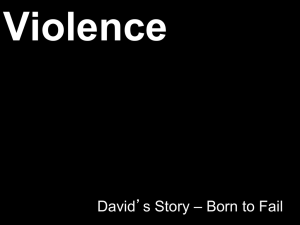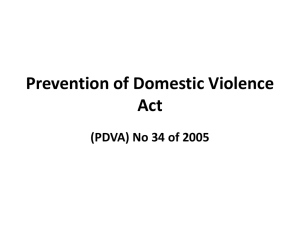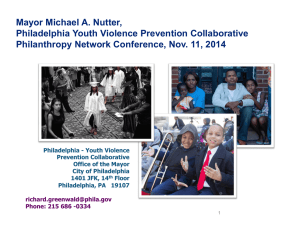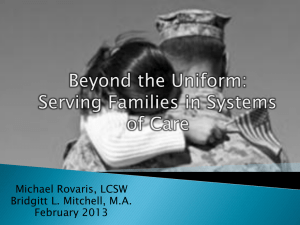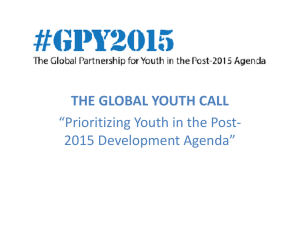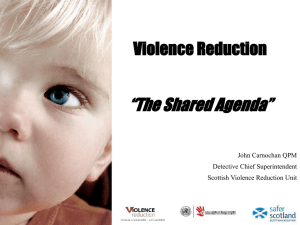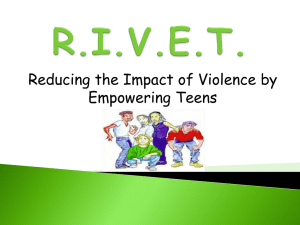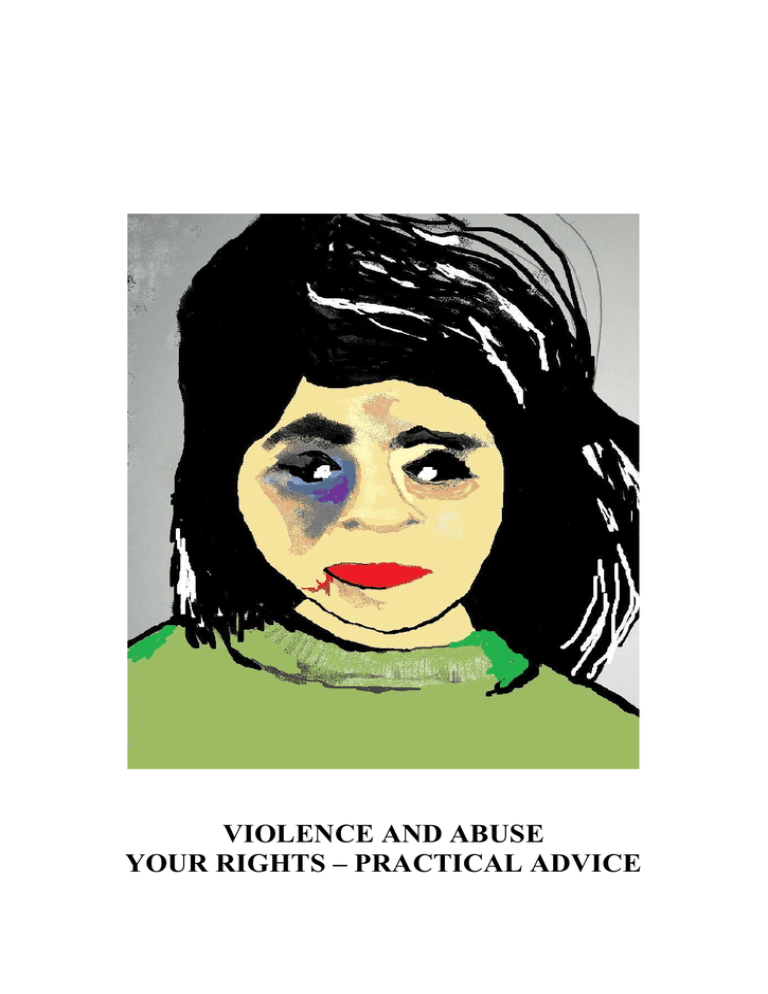
VIOLENCE AND ABUSE
YOUR RIGHTS – PRACTICAL ADVICE
WHAT IS VIOLENCE
It can sometimes be difficult to know what the legal term violence
means.
Physical violence is a type of violence that shows. Physical violence
can lead to bruises and damages and physically hurts. Examples of
physical violence are hitting, kicking, shoving, pulling of hair and
stabbing.
Mental violence is a type of violence that hurts inside. Mental
violence is violence that lead to you feel upset, scared and angry.
Examples of mental violence are isolation, threats, controlling
behaviour, violation and forced marriage.
Sexual violence is when someone forces you to have sex with them. It
counts as sexual violence even when it is your husband that forces you
to have sex against your will. Sexual violence is called rape.
Economical violence can be controlling your finances. Examples are
witholding your money and personal documents.
Material violence can be breaking objects, for example kicking
furniture, where the intention is to threaten, control or scare you.
All these forms of violence are illegal. Violence can be caused by a
partner, in laws, children or siblings. We will explain what your rights
are when you are exposed to violence on the following pages.
YOUR RIGHTS
The police can help you with
- Violence alarm: the police are notified that you are in need of
help when you press the button.
- Restraint order: the person abusing you is not allowed to
contact you.
The crisis centre/womens shelter can help you with
- Day centre: the day centre offers counselling, courses and
therapy groups. The day centre can also offer legal aid and social
actitivies. Children who have been abused, or who have
witnessed abuse, are also offered counselling. These programs
are cost free.
- Shelter: the shelter offers a place to sleep if you do not feel safe
at home. Children can also stay at the shelter. Staying at the
shelter is cost free.
OPPHOLD PÅ SELVSTEDING GRUNNLAG (INDEPENDENT
RESIDENCE PERMIT)
If you are married and your husband/wife is violent towards you or
your children, you and your children can apply for “opphold på
selvstendig grunnlag”. This residence pemit an exeption to the rule
that an immigrant who has been given a temporary residence permit
based on family reunion, must leave Norway if the spouses separate
before three years have passed and before the spouse in question has
been granted a permanent residence permit.
If you wish to apply for ”opphold på selvstendig grunnlag” you will
have to give a statement to the police. It is very important that you
give details on what you have been exposed to. When, how and how
often you have been exposed to violence will be important factors
when the police consider your application.
It can benefit your application if you can prove that you have been
exposed to violence. This can for example be statements from a
doctor, therapist, teacher or crisis centre/womens shelter employee.
Statements from witnesses can also be used as evidence in a trial.
It is not necessary to file a report to the police in order to apply for
“opphold på selvstendig grunnlag”.
An applicant can also be granted “opphold på selvstendig grunnlag”
due to special humanitarian circumstances. Contact JURK for more
information if you want to know more about “opphold på selvstendig
grunnlag”
VOLDSOFFERERSTATNING (CRIMINAL INJURIES
COMPENSATION)
If you have experienced violence, you can apply for
“voldsoffererstatning” from the office of Voldsoffererstatning
(Criminal Injuries Compenstaion). You can apply for
“voldsoffererstatning” if anyone has been violent towards you or your
children, or if your children have witnessed a family member being
violent. You must file a report at your local police station in order to
apply for “voldsoffererstatning”. You must also notify the police that
you wish to make a financial claim when you file the report.
Contact JURK for more information if you want to know more about
“voldsoffererstatning”.
BISTANDSADVOKAT (COUNSEL FOR THE AGGREIVED
PARTY)
You have the right to a “bistandsadvokat” if you have experienced
sexual or domestic violence. You can also be appointed this based on
the severity of your case. It is the courts that finances a
“bistandsadvokat”.
The court primarily finances three hours with a “bistandsadvokat” to
help you decide wether or not to file a report.
If you decide to file a report, the “bistandsadvokat” will accompany
you to the police. The “bistandsadvokat” will also assist you
throughout the investigation. Some of the things the
“bistandsadvokat” should do is update you on your case, read through
police documents and ask the police to interrogate witnesses and
secure evidence. The court will pay for all of the hours the
“bistandsadvokat” spends on your case that are necessary and
reasonable. The “bistandsadvokat” can help you apply for
compensation and help you with a formal complaint to the District
Attorney, should your case be dropped.
The “bistandsadvokat” will accompany you in a trial.
FREE LEGAL AID
Free legal aid means that you don’t have to finance a lawyer. You
must apply for free legal aid. Contact JURK for more information if
you want to know more about free legal aid.
NAV
You can be entitled to various benefits from Nav if you are not
working due to illness or injury. Such benefits are “sykepenger” (sick
pay) or “arbeidsavklaringspenger” (temporary benefit for persons who
are temporary unable to work due to illness or injury). The benefits
should cover the loss of income you might suffer while you are off
work.
You can also be entitled to other means of social services such as a
temporary residence, financial residenciary support and financial aid.
If you are considering contacting Nav, you should have important
documents, for example medical charts, with you. For more
information, contact your local Nav office.
INSURANCES
If you are being exposed to violence you should check with your
incurance company if you have any insurances that cover medical
expenses or legal aid. Insurances such as home insurance, accident
insurance and travel insurance may be relevant.
WHAT THE CONSEQUENCES OF FILING A REPORT ARE
Filing a report means notifying to the police that a crime has been
comitted.
The police has duty of confidentiality. This means that what you tell
the police is secret between you and the police. At the police station,
you and the officer will sit in a separate room where he or she writes
down your statement. The police will record the meeting.
If you file a report, the police may start an investigation. The abuser
can be sentenced to pay a fine or to spend time in prison.
The police can give you a violence alarm. They can also give the
offender a restraint order, which means that the person who has
exposed you to violence is not allowed to go near you.
The crisis centre/womens shelter can give you advice and guidance if
you wish to file a report.
You can apply for ciminal injuries compensation if you file a report.
GUIDE TO FILING A REPORT – PRACTICAL ADVICE
Try to secure evidence. Take pictures of your injuries. Keep evidence
such as text messages, e mails and letters.
If you have been exposed to sexual violence, do not shower before
you have had a medical examination and do not throw away the
clothes you were wearing at the time.
Write down information on how the violence occurred. What, when
and how. It might help you remember the details when you are
explaining the assault to the police.
Let someone that you trust know what is happening to you, for
example a teacher, counsellor or friend. This person can later function
as a witness.
Contact a doctor and/or a therapist. Their statements can prove that
you have been exposed to violence and the effects the assaults have
had on you.
Tell the police. It is important that you explain everything to the
police. Give the police details on where, how and then the violence
occurred.
WHERE CAN YOU SEEK HELP?
Doctor or local health centre
Emergency room
“Voldtektsmottaket” (The centre for victims of sexual assaults)
“Sosialvakttjeneste”
Local crisis centre/womenc shelter, www.krisesenter.no
The police:
tlf: 02800
The alarm phone for children and youths
tlf: 116 111
NAV, www.nav.no
Your municipality
Protection for the elderly
tlf: 800 30 196
Support phone for victims of crime
tlf: 800 40 008
”Rådgivningskontoret for kriminalitetsofre”
tlf: 815 20 077
JURK, www.jurk.no
tlf: 228 42 950
Red Cross, www.rødekors.no
tlf: 05003
DIXI, www.dixi.no
tlf: 224 44 050
”Mira senteret”, www.mirasenteret.no
tlf:221 16 920
Support centre against incest, www.sentermotincest.no tlf:233 14 650
Counsel for the aggrieved party: Contact ”tingretten”. They keep lists
on good attorneys. Centres like the crisis centre/womens shelter and
DIXI have their own lists of attorneys. Your local police station also
has lists on attorneys who can function as counsel for the aggrieved
party in your district. You can also have a look online on
www.advokatenhjelperdeg.no.

